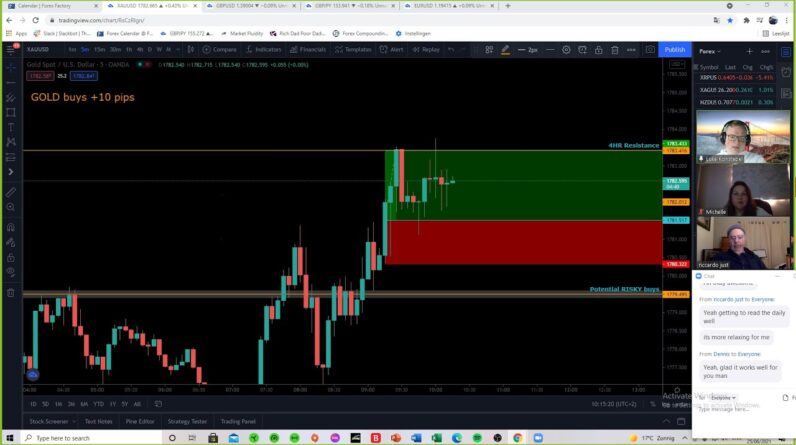Morgan Stanley argue that the U.S. Federal Reserve may face increasing challenges in maintaining its current stance on inflation amid rising concerns about the impact of new tariffs. While Fed Chair Jerome Powell recently suggested the central bank might not overreact to inflation driven by tariffs—characterising it as a temporary, one-off price increase—this view may become harder to defend if inflation remains elevated for a prolonged period.
Morgan Stanley analysts have highlighted a potential tension between the Fed’s data-dependent approach and its desire to look past short-term inflation shocks. Although Powell’s remarks imply some tolerance for slower disinflation, particularly if the source is seen as supply-side driven, the persistence of high inflation could ultimately limit the Fed’s flexibility. Markets hoping for rate cuts later this year may find expectations tempered by sticky price pressures.
The Fed’s current strategy relies heavily on distinguishing between temporary and sustained inflation drivers. However, Morgan Stanley warns that politically driven tariffs—especially if expanded or prolonged—could feed into broader price levels, making it harder to separate transitory effects from underlying inflation trends. This could force the Fed to keep interest rates higher for longer, even if growth slows.
As the U.S. economy navigates a complex mix of geopolitics and domestic economic data, the path forward for monetary policy remains uncertain. Should tariff-induced inflation persist, the Fed may have to delay rate cuts longer than markets currently anticipate, reinforcing the delicate balancing act central bankers face between fighting inflation and supporting economic growth.
This article was written by Eamonn Sheridan at www.forexlive.com.


